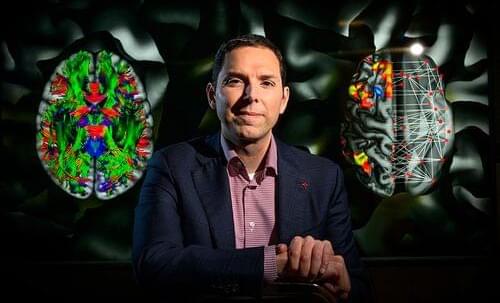An Alzheiber’s treatment porposed by Israeli scientists targets mitochondrial gatekeeper, controlling deterioration of cells.
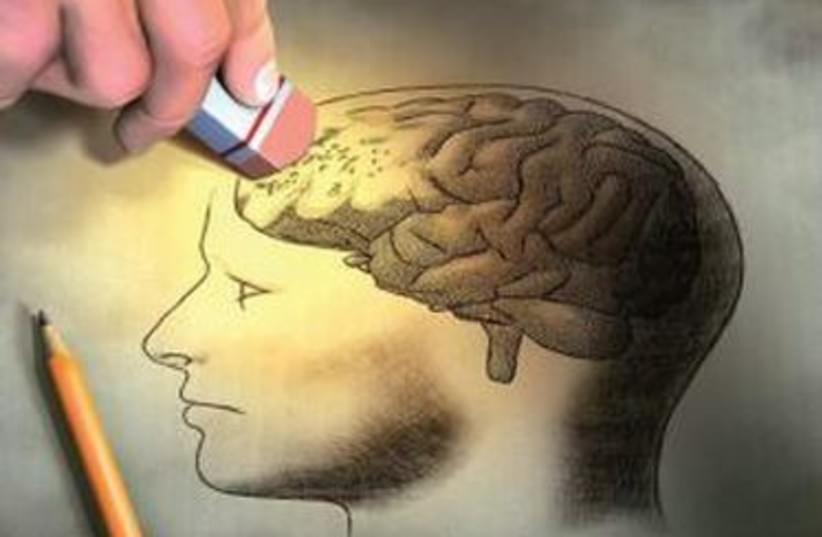

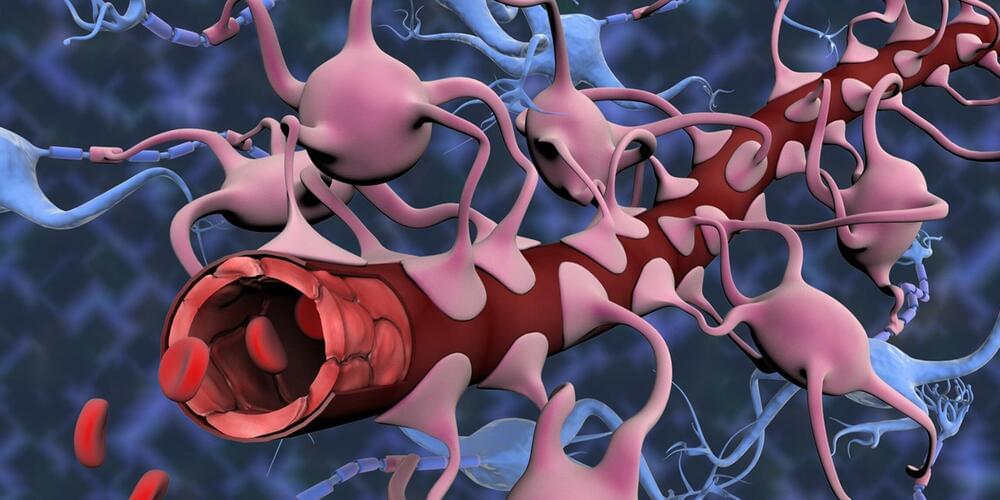
Up to now, the use of models to research the barrier that separates the circulatory from the nervous system has proven to be either limited or extremely complicated. Researchers at ETH Zurich have developed a more realistic model that can also be used to better explore new treatments for brain tumors.
Mario Modena is a postdoc working in the Bio Engineering Laboratory at ETH Zurich. If he were to explain his research on the blood-brain barrier —the wall that protects our central nervous system from harmful substances in the blood stream —to an 11-year-old, he would say, “This wall is important, because it stops the bad guys from getting into the brain.” If the brain is damaged or sick, he says, holes can appear in the wall. Sometimes, such holes can actually be useful, for example, for supplying the brain with urgently needed medicine. “So what we are trying to understand is how to maintain this wall, break through it and repair it again.”
This wall is also important from a medical perspective, because many diseases of the central nervous system are linked to an injury to the blood-brain barrier. To discover how this barrier works, scientists often conduct experiments on live animals. In addition to such experiments being relatively expensive, animal cells may provide only part of the picture of what is going on in a human body. Moreover, there are some critics, who question the basic validity of animal testing. An alternative is to base experiments on human cells that have been cultivated in the laboratory.
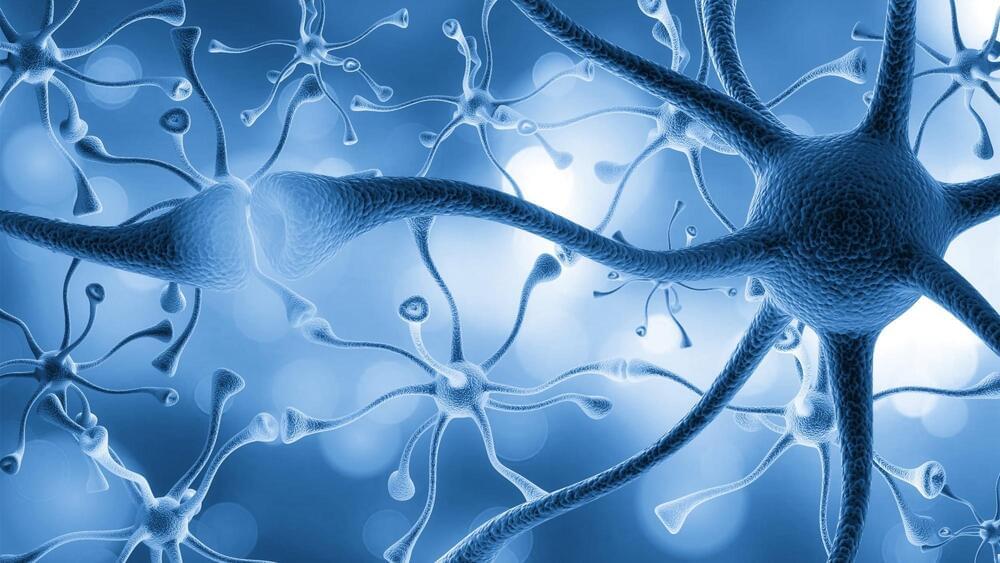
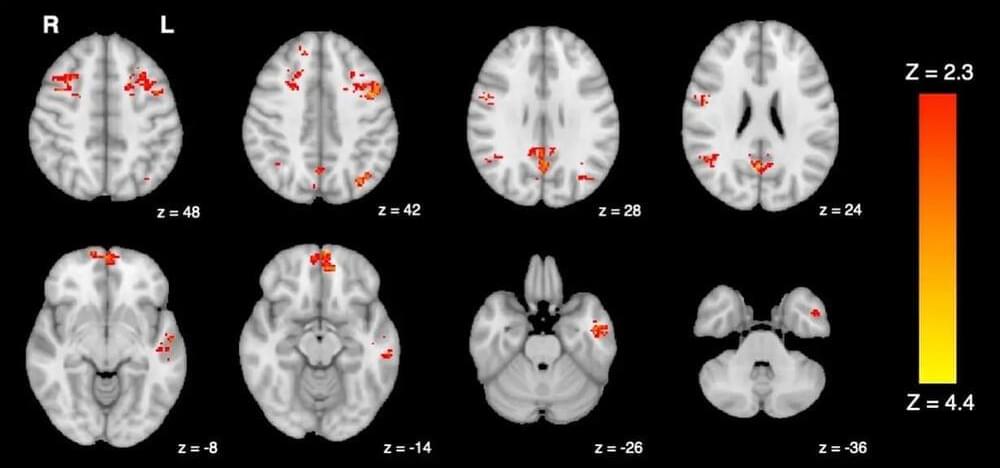
The study conducted by researchers at the University of British Columbia and the University of Victoria reveals that exposure to common levels of traffic pollution can impair brain function within hours.
The peer-reviewed study published in Environmental Health found that only two hours of exposure to diesel exhaust leads to a decrease in brain functional connectivity, which is a measure of how different areas of the brain interact and communicate with each other. This study is the first controlled experiment to provide evidence of air pollution altering brain connectivity in humans.
“For many decades, scientists thought the brain may be protected from the harmful effects of air pollution,” said senior study author Dr. Chris Carlsten, professor and head of respiratory medicine and the Canada Research Chair in occupational and environmental lung disease at UBC. “This study, which is the first of its kind in the world, provides fresh evidence supporting a connection between air pollution and cognition.”
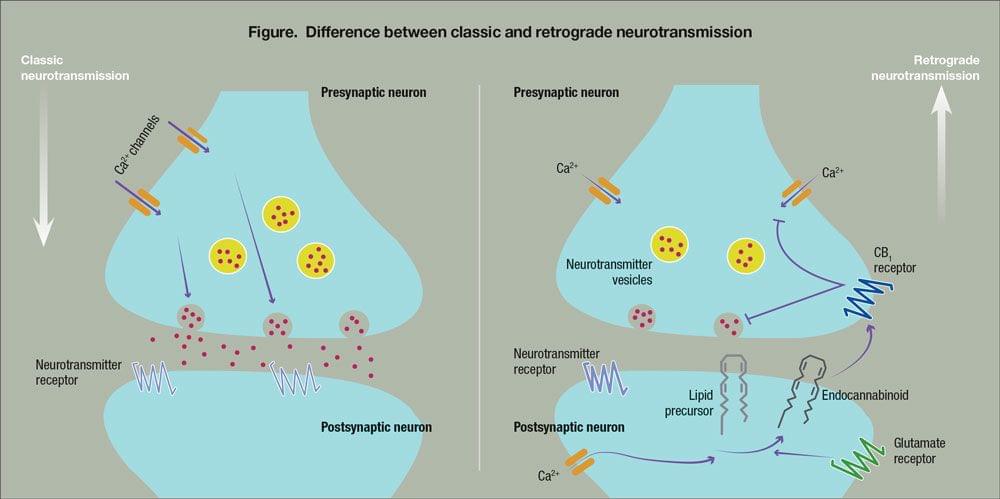
😗 year 2017.
Psychiatrists and other behavioral health professionals need to better understand the relationship between cannabis and mental disorders so that they can respond to increasing medical and recreational marijuana use among their patients. More than half of states now allow for medical use, and 8 states and the District of Columbia have legalized adult personal or recreational use.
Knowledge about herbal cannabis, the endocannabinoid system, and cannabinoid pharmacology is rapidly expanding. However, compared with the literature on non-medical cannabis use, the scientific literature on therapeutic use of cannabis is underdeveloped, as noted in a recent systematic review of medical cannabis and mental health.1 Although herbal cannabis has a long history of medicinal use, its federal prohibition under the Controlled Substances Act of 1970 with Drug Enforcement Administration Schedule I status has focused the federally supported cannabis research agenda for half a century on the potential harms rather than on the historically acknowledged therapeutic benefits of this complex plant.
Medicinal potential of cannabis
For the sake of this discussion, herbal cannabis refers to plant material derived from the flowering tops of Cannabis indica, sativa, or ruderalis biotypes. Indica, sativa, and indica-sativa hybrid strains are commonly available on the medicinal cannabis market.


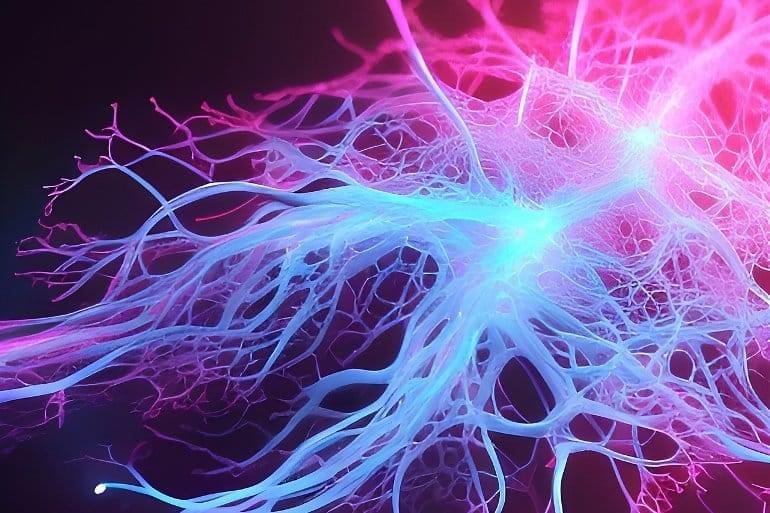
Summary: Researchers have identified the in-vivo dynamics of synapses that underlie fear memory formation and extinction in the living brain.
Source: Seoul National University.
Ensembles of synaptic networks are known to underlie cognitive functions, and the connections between engram neurons are enhanced during memory formation.
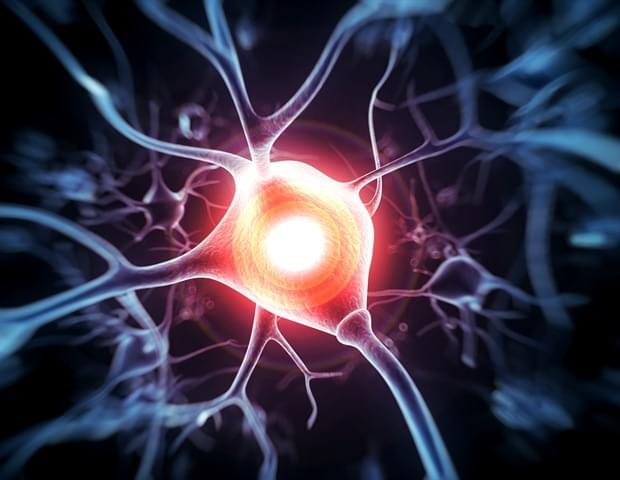
Researchers from The University of Queensland have discovered the active compound from an edible mushroom that boosts nerve growth and enhances memory.
Professor Frederic Meunier from the Queensland Brain Institute said the team had identified new active compounds from the mushroom, Hericium erinaceus.
Researchers have discovered lion’s mane mushrooms improve brain cell growth and memory in pre-clinical trials. Image UQ.
